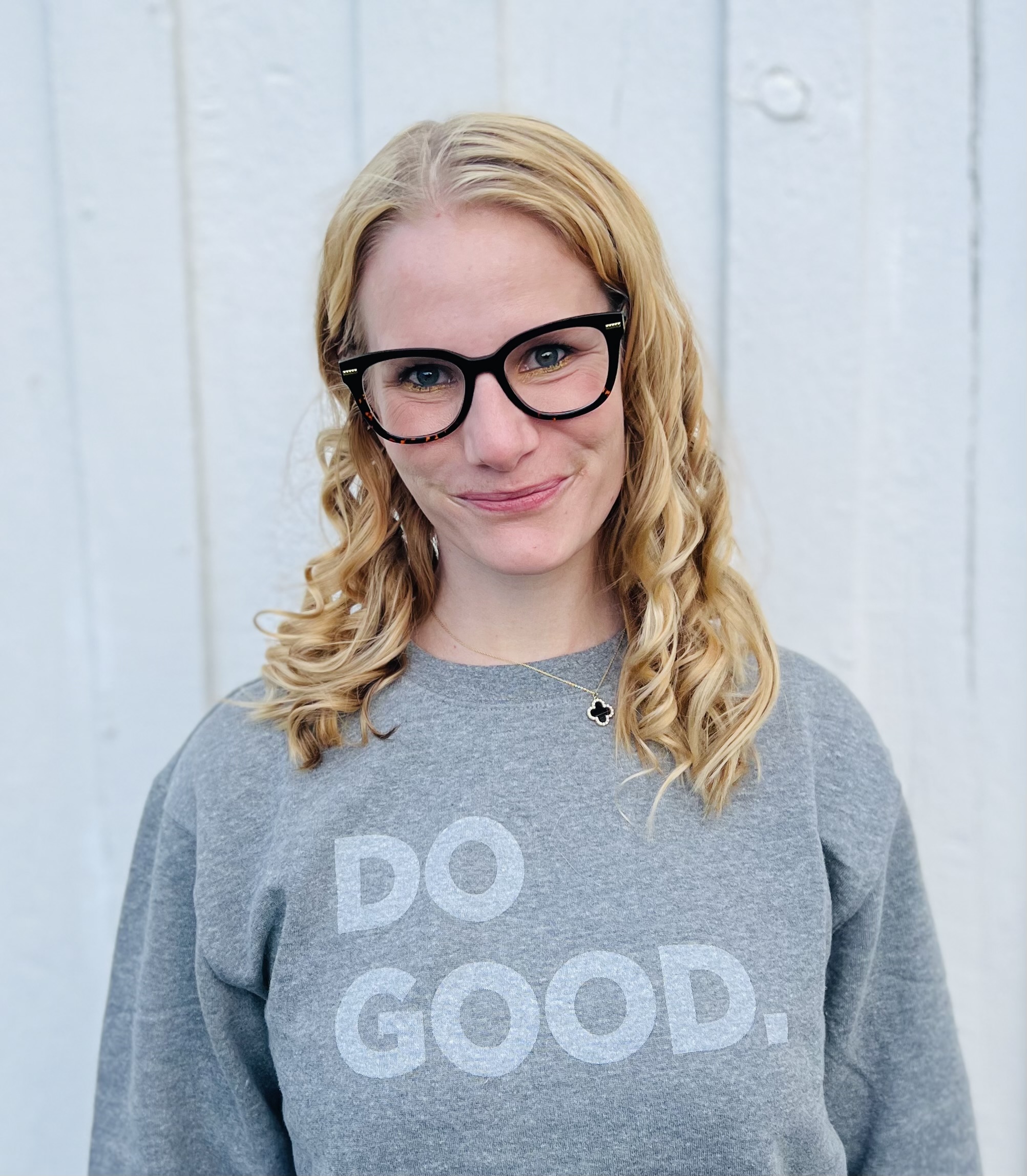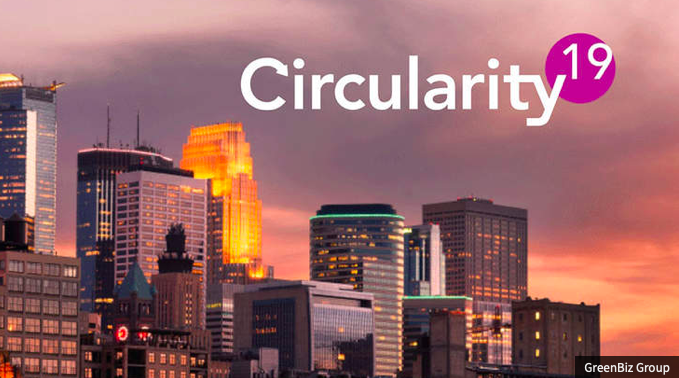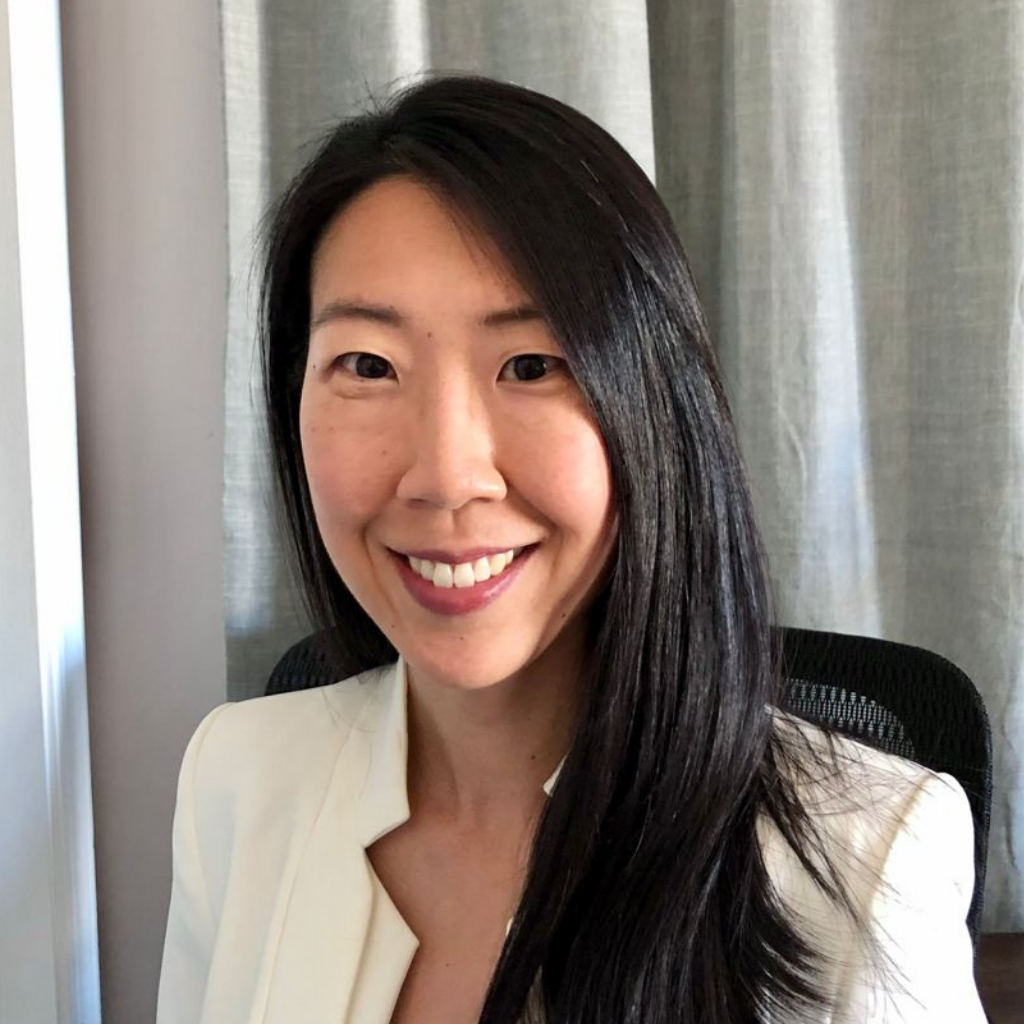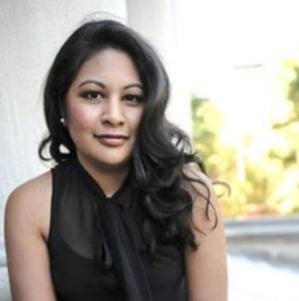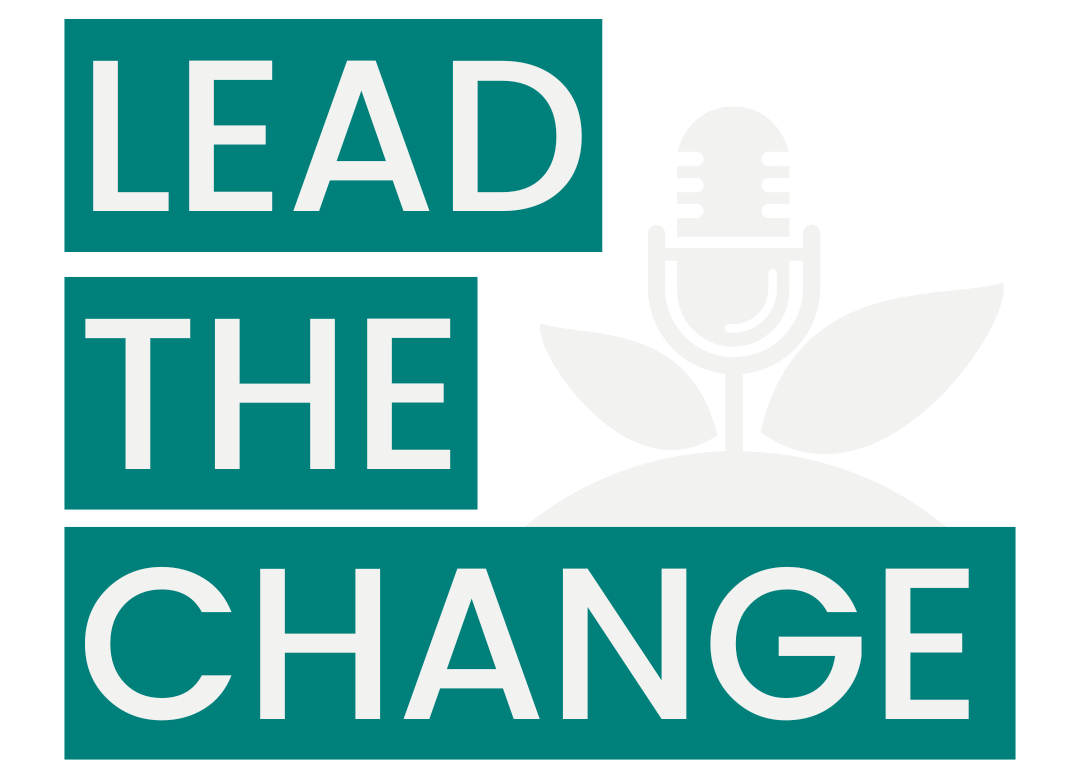
604: Cotopaxi: Creating Gear for Good
Featuring Annie Agle
Senior Director of Impact & Sustainability at Cotapaxi
Cotopaxi’s Mission: Sustainable Supplies for Nature Enthusiasts
Cotopaxi is a carbon-neutral outdoor gear brand founded to create sustainably designed products that fight extreme poverty, inspire adventure, and move people to do good.
As a certified B Corporation, they believe in using the power of business as a force for social, environmental, and economic good. Their motto, Gear for Good, touches every aspect of their company.
How Does Cotopaxi’s Mission Statement Come to Life
Cotopaxi is committed to making all of their gear using repurposed, recycled, or responsible materials by 2025.
They allocate a minimum of 1% of annual revenue to the Cotopaxi Foundation which awards grants to outstanding nonprofit partners carefully selected for their track records at improving the human condition and alleviating poverty. In 2021, they aided over 1 million people in extreme poverty through targeted grants to outstanding organizations with proven methodologies. Cotopaxi is a Bcorp, 1% for the Planet member, The Climate Pledge signatory and certified Climate Neutral.
Annie Agle’s Role in Cotopaxi’s Sustainability
In her role as Senior Director of Sustainability and Impact, Annie steers Cotopaxi’s giving, corporate responsibility, and sustainability. She oversees Cotopaxi's reporting and certifications (GRI, B Corp, Climate Neutral) as well as its ESG strategy. Alongside her team of lion-hearted llamas, Annie aims to ensure that every aspect of Cotopaxi’s brand is leveraged to generate a positive benefit to society and the communities the company touches. She is a graduate of Columbia University and graduate student at Cambridge University. In her spare time, Annie spends as much time as possible outside and traveling.
“I mean I can take very little credit I think for our brand growth. There's a lot of really brilliant cooks in that kitchen, and I think that's really a testament to our product teams to our community teams to our leadership I think it's been a lot of hands that have helped contribute to the growth, just from the impact side in terms of maybe how we've differentiated ourselves and really tried to leverage our brand to make a difference. I think one is just really honing in on motives. One of the things that I see that occurs a lot in the sustainability space from bigger, maybe capital “C” capitalism sort of partners is that, you know the tactics are put before the motives. I think at Cotopaxi I feel really blessed to work with the leadership that you know, Davis and Stefan are two co-founders, really founded the company as a sustainable means of alleviating and addressing extreme poverty in our lifetimes. And so everything is sort of viewed with how it's going to help us deliver that mission, and I think that internal alignment around a sort of ethical call to addiction to adjust extreme inequality really and it is inequality that we're really talking about here is a differentiator.
I'd also say in the outdoor industry the environment and environmental call to arms, which we definitely treat as very important. But that's not our mission. Our mission is really around people and I'd say in terms of how we see ourselves as part of a really incredible group of peers. I think the outdoor industry in general is a leader in terms of ethics for industries, and we're proud to share ranks with people like Patagonia like North Face. They're doing great work, and we sort of see Patagonia as the benchmark. We really want to be the bridge that helps modern society reconnect with the outdoors, but also links its responsibility back as customer citizens to thinking about the ethical considerations of their products, and leveraging those sales to address inequalities and help redistribute wealth and responsible ways.”
Katie Boyle, Bard MBA’s Director of Marketing and Enrollment, speaks with Annie for this episode of the Impact Report.
KATIE BOYLE: So we just wrapped up climate week. a few weeks ago, and in that Cotopaxi joined the climate pledge which in doing so has you joining more than 375 other organizations in pledging to reach the Paris agreement 10 years early, and being at 0 by 2040. So congratulations on that, and also thank you for making that commitment. Can you tell us why this part of sustainability was important to Cotopaxi?
ANNIE AGLE: I think, for us as a smaller company, we feel that we can and should be a first mover. And so as we know again, getting back to that understanding of where we can have the biggest impact, Cotopaxi is not a large multinational enterprise, right? We're a medium rapidly growing one but we definitely have an SME mindset, and we think that SMEs need to be the first movers. Some of these became myth companies. like they're and a lot of them are doing real work like that line between greenwashing and real sustainability work. I feel like it’s not as black and white as a lot of customers, or even policymakers want to think. But I think that by being the first mover we could be a case study for bigger groups, and we can also help hold capitalism accountable when it says it's not possible to do this. We want to be like, yes, it is. It is possible. It is absolutely possible to do things like natural capital costing, it is absolutely possible to be climate-neutral today. There are partners out there that make this possible, and I do think our measurements get better over like you're over here. So, for example, right now, I think one of the commitments that's baked in with the TCP is that, you know you give me net, 0, and all greenhouse gasses. But we currently as an industry don't have much way of measuring the same methane emissions, and methane emissions in general, according to some of the new studies that have come out around what machine learning is telling us about how inaccurate our measurements of methane are. You know there's adjusting, a great article in Nature suggested that we've been underestimating methane emissions by up to 70% just in America, like that's terrifying. So I do think that Cotopaxi needs to be working with these bigger partners to address those issues, like we're a very small minnow in the shark pond that is capitalism. And we like to punch above our weight. But I also think that we are going to be dependent on some of the technologies and investments that bigger players can make, and so for things around say green hydrogen or pink hydrogen or electrophile full shipping fleet. It's like we cannot make those research and development investments, but I also think that we can be the case profile for some of these bigger companies to go through those things as a smaller firm and be their kind of pilot study, and so I think that that's where active collaboration around things like TCP can really help move the needle forward is where we're kind of bringing ourselves fully forward to the work to be that first mover, to be the tester, but also to help kind of validate the need for the 95% of companies that are small to medium size enterprises. They have an important role to play while also just helping to hopefully create the urgency for larger companies to make the investments that are needed to really get our society where it is going to be self-sustaining for many generations.
KATIE BOYLE: Really interesting to hear how you're using the climate pledge in this work to collaborate with companies, and to innovate, and to help pave the way for the bigger brands, and recognizing the symbiotic relationship here, that you all can develop the technology. You can show them that it will work, then they can take it and apply it at a much larger scale. And hopefully the scale, the impact collectively that we need to make on reducing greenhouse gas emissions. I'd love to pivot into actually like your day to day work a little bit. So here we’re in the business of training future sustainability leaders, so we always love to hear about what that actually looks like, and our students and them. And I love to hear that as well. So can you talk about some of your day-to-day responsibilities in your position, and how your team fits into the broader ecosystem of the company, especially when you as you say everybody at Cotopaxi is empowered to lead on sustainability?
ANNIE AGLE: So I sort. of see, my work is like I'm the compass. I'm sort of the in house, Jimmy Cricket kind of thing, and so I say I really try to reserve as much as 50% of my time for cross-functional meetings and cross-functional work, and 50% of my time, I'd say of that, 25% of my time is that doing strategy looking out on the horizon thinking about what comes next, thinking about the problems and aspects of our operations that feel sort of out of alignment, how we're gonna close that gap over the overtime. And then I'd say 25% of my time is spent doing more nitty gritty, like the actual work which I enjoy nerding out on, which is reporting frameworks, things like our B corporation and impact assessment and verifications, our GRI report, kind of meeting with investors as well and various stakeholders, whether they'd be suppliers or value chain operators outside of our like, you know, tier one or tier two and really helping them, understanding from them what needs to get done. I see that as like my quarter protected time, I go and listen, sort of time where I really sort of go get feedback, gather data and information from our value chain to always sort of have an ongoing picture of who we are as a company, and what the next step for us is going to be, and what is the next step. Sort of look like in terms of growth, and how we need to make sure, you know where the risks that growth poses to our sustainability, and how are we going to mitigate that.
